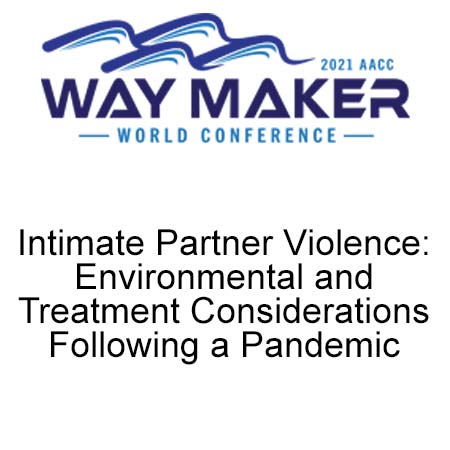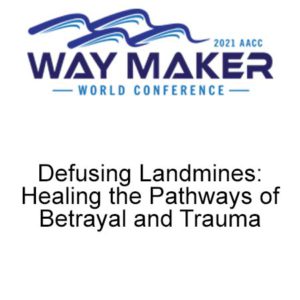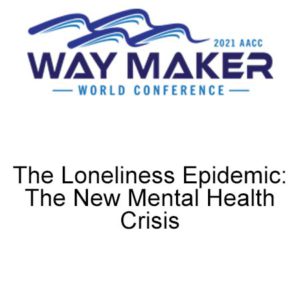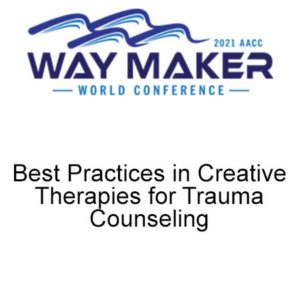Description
402: Intimate Partner Violence: Environmental and Treatment Considerations Following a Pandemic
Jama Davis, Ph.D.
Liberty University
1971 University Blvd.
Lynchburg, VA 24515
Daria White, Ph.D.
Liberty University
1971 University Blvd.
Lynchburg, VA 24515
Summary
Since the beginning of the global pandemic of 2020, there has been a spike in domestic violence instances worldwide (Sandoiu, 2020). Reports show a 700% increase in just a single day in the UK, a tripling of cases in a Chinese police station, and an overall rise of calls in the U.S. Women have fewer choices, more responsibilities at home, and less say in the more significant decisions currently made in countries (Sandoiu, 2020). The isolation, economic hardship, and stress are common denominators among struggling populations, with divides most likely to widen in the months to come. For intimate partner violence (IPV) victims, these are further exacerbated by the perceived shrinking of resources and increased alcohol use by partners (Stanley, 2020). The greater risk for women and their children creates a new urgency to evaluate the changes and role of mental health clinicians in providing services. Treatment begins at the first point of connection with the clinician, and trauma-informed interventions lead to a preferred outcome. Included in this is understanding how spirituality impacts the request for help and treatment. More recent challenges of telemental health counseling and ethical considerations will be explored as they relate to safety. The American Psychiatric Association (APA, 2013) lists evidence-based practices that have been successful in treating IPV to include: Cognitive Behavioral Therapy (CBT), Skills Training in Affective and Interpersonal Regulation (STAIR), Dialectical Behavior Therapy (DBT), Interpersonal Psychotherapy (IPT), Cognitive Processing Therapy (CPT), Eye Movement Desensitization and Reprocessing (EMDR), Helping to Overcome PTSD through Empowerment (HOPE), Relapse Prevention and Relationship Safety (RPRS), Grady Nia Project, Cognitive Trauma Therapy for Battered Women (CTT-BW), and psychopharmacological treatments. This presentation will explore STAIR and DBT, along with specific techniques to promote healing.
Learning Objectives
Participants will:
• Assess changing statistics for domestic abuse and intimate partner violence (IPV) during the global pandemic and the future reality
• Apply ethical principles in traditional and telemental healthcare
• Discuss interventions and evidence-based treatments for psychologists and licensed mental health professionals, explore spirituality and the impact on treatment, and discover resources available to assist women in restoring healthy functioning





